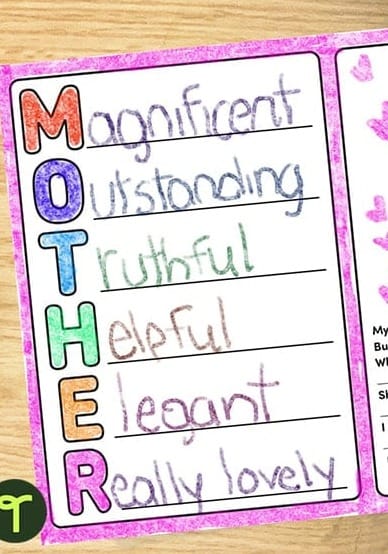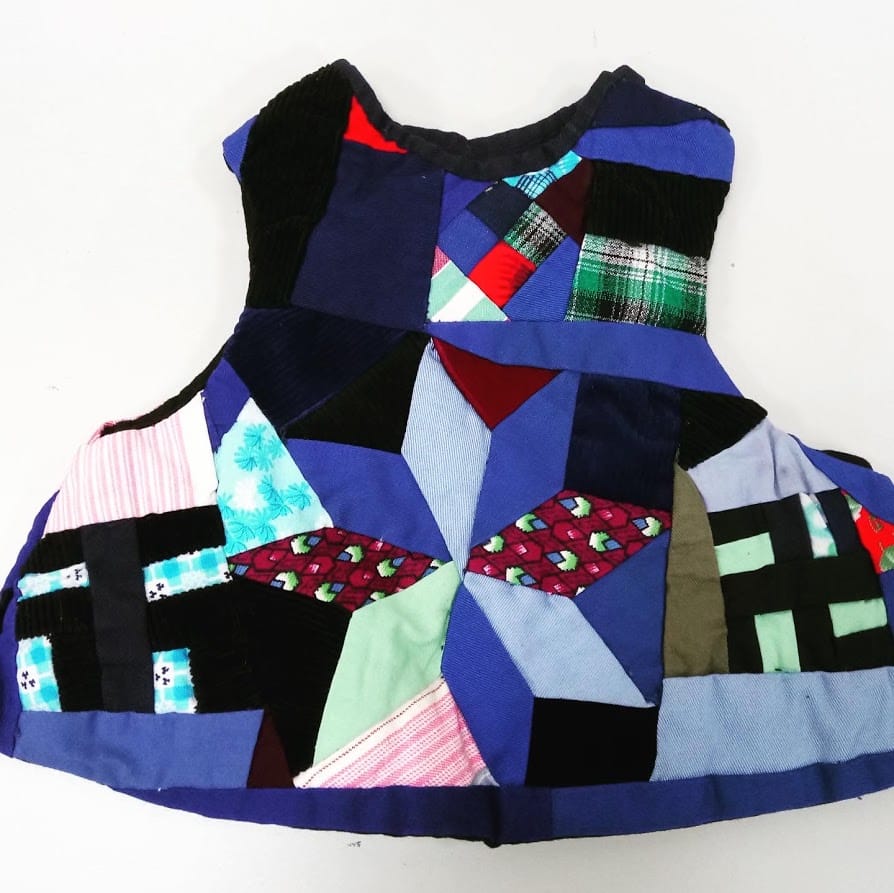An acrostic micro-essay for Mother's Day

My mother is a serious person. She doesn’t read, she studies. The first time I was taught to annotate in literature class, I recognized it immediately as the way my mother combs through texts. She underlines and makes marginal notes for everything – even recipes, instruction manuals, museum pamphlets, and informational inserts for products. When my brother and I were little and spent entire summers in the US with our cousins, she required us to write letters home in Chinese. She would always return the letters with corrections and notes around the border, either answering my questions or suggesting a better way to phrase a sentence.
Over the years, my mother’s areas of study have included: art history, French, French wines, Chinese symbols and motifs, 19th – early 20th century children’s textiles from Southwest China and Southeast Asia, Taiwan tea, Japanese, brush calligraphy, opera singing, and most recently, Buddhist sutras.
To say that my mother is one of my greatest influences is not exactly correct. It is more that she is the one person whose approval I constantly yearn for – even now, in adulthood. It is because she is, by her own admission, difficult to please and, from my own experience, frugal with praise.
However, I have noticed a softening in recent years. One day, she told me she realizes now, that though she brought us places when we were little, took us to see things and curate experiences, she didn’t really spend time with us. I never thought of it that way, but maybe she’s right? I don’t recall times when she and I just sat in each other’s company, without a purpose. But now, I often spend Sunday mornings with my parents, both of whom have just turned 80 – a couple of hours sitting at their dining table, eating fruits, drinking tea, and chatting. On my way home, my mom always texts me to tell me how much she enjoyed those few hours, like she’s thanking me for a date. Perhaps it wasn’t approval that I’d been seeking, but simply unstructured time together.
Every single day, I think of my mother in some capacity. Sometimes, it’s in a moment when I visualize her at the age I am now and I suddenly understand a certain expression on her face or a choice she made at that time because I find myself with a similar response to one of my children or harboring a parallel desire. Or, I wonder what she recalls about her perimenopause experience and make a mental note to ask her the next Sunday I see her. Or, I think about something she’s told me that I’d dismissed and resisted in the moment and I try to retrieve what she’d said and reframe it as something she wanted to share, rather than something she was warning me against, or casting judgment on.
Reflecting on the way my mother designed our time together, I realize that she was, in fact, cultivating my creativity. One of my main functions as a creative writing teacher is to design writing prompts for my students – I don’t teach so much as offer possibility and hold space. And I think that’s what my mother has always done for me. She introduced me to ideas, she showed me a variety of ways the world could be experienced, and modeled a way to be curious so that everything could be an area of study. And this is exactly how I live in the world – I move through the day collecting details that are often overlooked and see everything as a writing prompt, as an invitation to consider and describe and reflect upon. It is Sunday morning and I will see my mother shortly for breakfast; I will thank her for teaching me how to study the world.
